
HRC35: Interactive Dialogue with the Special Rapporteur on the right to freedom of expression
Human Rights Council: 35th Session
Item 3: Interactive Dialogue with the Special Rapporteur on the promotion and protection of the right to freedom of opinion and expression
Mr. President, we echo the Special Rapporteur’s recommendations that governments review and revise national laws and practices in accordance with principles of proportionality and necessity in relation to online communications, as well as support the expression of pluralistic and independent media voices across the sub-region.

Thank you Mr. President,
For more information, please contact
13 June 2017
Oral InterventionEast and Horn of Africa Human Rights Defenders Project
Delivered by Ms. Clementine de Montjoye
Delivered by Ms. Clementine de Montjoye
On behalf of the East and Horn of Africa Human Rights Defenders Project, I would like to commend the efforts of the Special Rapporteur, particularly his focus on alarming trends with regards to online free speech. Online platforms have empowered users to express themselves freely to a wider audience, but also made them vulnerable to surveillance and new threats such as Internet or social media shutdowns. This digital space, with all its complexities, should be analysed as a key tool for the promotion of free speech and a valuable asset for human rights defenders (HRDs) across the world.
Tanzania’s 2015 Cyber Crimes Act enables the prosecution of citizens for statements made online and affords police forces excessive powers to conduct surveillance, as well as search and seizure operations without judicial oversight. These restrictions on free access to information were further entrenched by 2016’s Media Services Act, which severely regulates and allows for the punishment of any media operating within the country, online or otherwise.
In Uganda, free expression online is not only restricted through media or online communications legislation, such as the Computer Misuse Act which has recently been used to prosecute social media activist Stella Nyanzi and Whatsapp users, but also through legislation restricting expression on specific topics. The Anti-Homosexuality Act, which punishes anyone found publishing or disseminating material promoting same-sex relations, has severely restricted HRDs’ ability to organise and engage in any meaningful debates surrounding this critical issue.
Mr. President, we echo the Special Rapporteur’s recommendations that governments review and revise national laws and practices in accordance with principles of proportionality and necessity in relation to online communications, as well as support the expression of pluralistic and independent media voices across the sub-region.
Hassan Shire
Executive Director, East and Horn of Africa Human Rights Defenders Project
executive@defenddefenders.org or +256 772 753 753
(English and Somali)
Executive Director, East and Horn of Africa Human Rights Defenders Project
executive@defenddefenders.org or +256 772 753 753
(English and Somali)
Clementine de Montjoye
Advocacy & Research Officer, East & Horn of Africa Human Rights Defenders Project
on advocacy@defenddefenders.org or +256 779 673 378
(English and French)
Advocacy & Research Officer, East & Horn of Africa Human Rights Defenders Project
on advocacy@defenddefenders.org or +256 779 673 378
(English and French)
East and Horn of Africa Human Rights Defenders Project
DefendDefenders seeks to strengthen the work of human rights defenders throughout the region by reducing their vulnerability to the risk of persecution and by enhancing their capacity to effectively defend human rights.
DefendDefenders focuses its work on Burundi, Djibouti, Eritrea, Ethiopia, Kenya, Rwanda, Somalia (together with Somaliland), South Sudan, Sudan, Tanzania and Uganda. Visit us atwww.defenddefenders.org
DefendDefenders seeks to strengthen the work of human rights defenders throughout the region by reducing their vulnerability to the risk of persecution and by enhancing their capacity to effectively defend human rights.
DefendDefenders focuses its work on Burundi, Djibouti, Eritrea, Ethiopia, Kenya, Rwanda, Somalia (together with Somaliland), South Sudan, Sudan, Tanzania and Uganda. Visit us atwww.defenddefenders.org
Thank you.

For more information, please contact



 0
0 
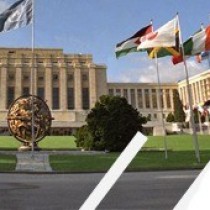



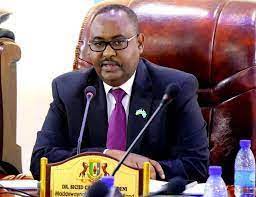
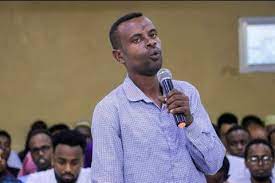
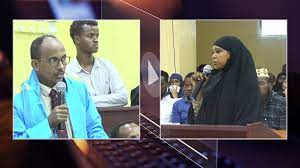

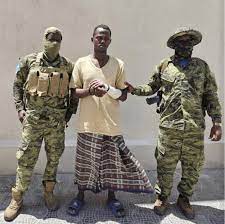


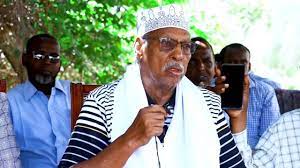
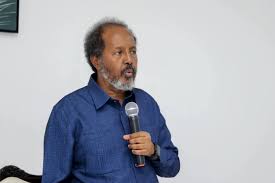
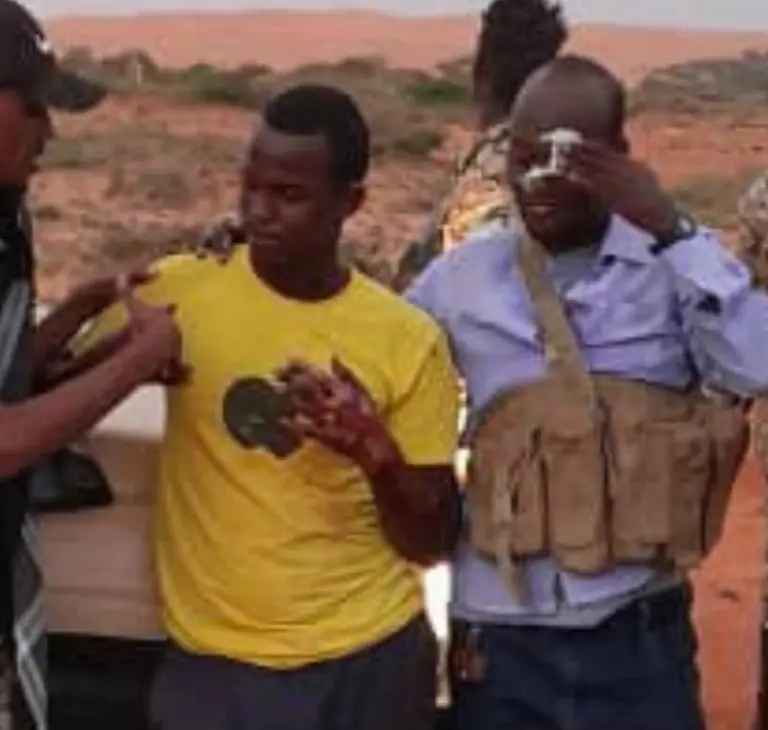
HRC35: Interactive Dialogue with the Special Rapporteur on the right to freedom of expression
Human Rights Council: 35th Session Item 3: Interactive Dialogue with the Special Rapporteur on the promotion and protection of the right to freedom of opinion and expression